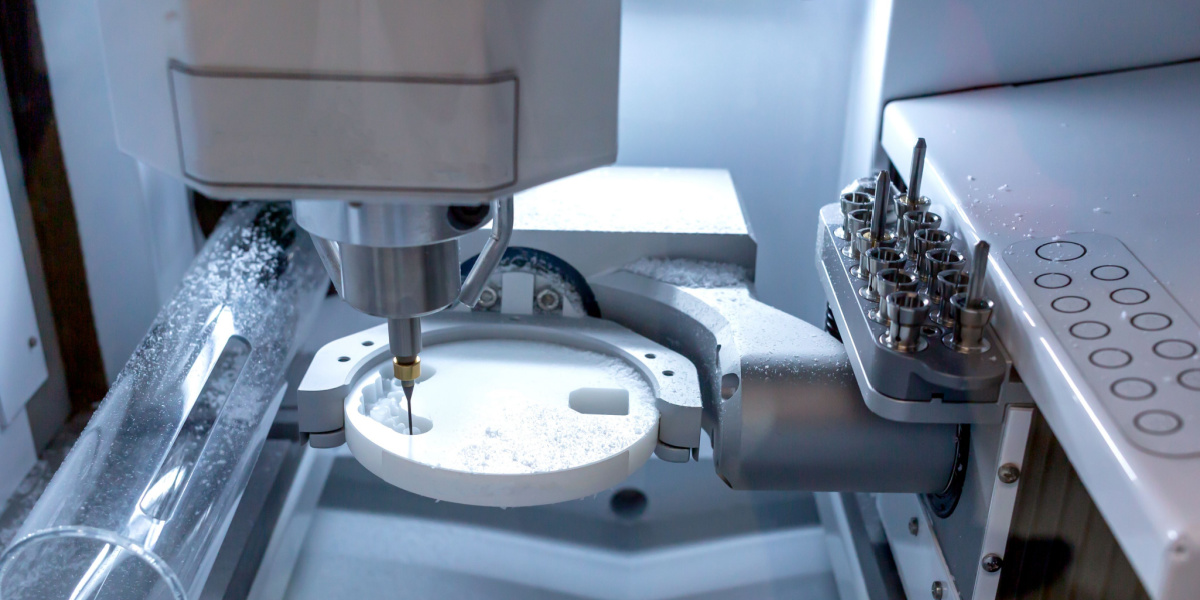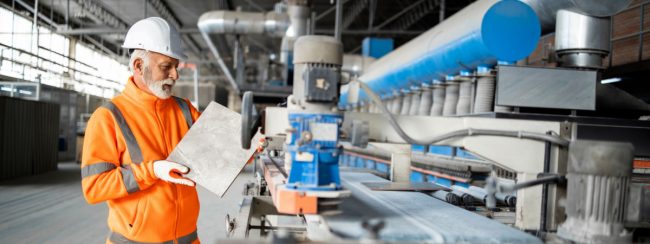
The Importance of Ceramic Engineering in Everyday Life
Engineered ceramics are part of everyday life in our homes, automobiles, work, and recreation. From porcelain and glass to brick and cement, countless different materials can be described as ceramics. In this article, we get a first-hand experience about the industry from a professional ceramic engineer.
What is Ceramic Engineering?
Ceramics are inorganic, non-metallic materials that have been hardened through baking at high temperatures. Ceramics are well-known for being highly resistant to heat. As a result, they are used for applications where other materials, such as polymers and metals, don’t hold up.
Ceramic engineering involves the design and manufacture of ceramic products. Engineers in this field utilize technology and advanced processes to convert ceramic materials into usable products and structures. These processes often involve the careful selection of raw materials and the application of specialized manufacturing techniques to enhance mechanical properties.
The Role of Advanced Ceramic Materials in Modern Industries
Advanced ceramic materials have expanded the potential applications of ceramics beyond traditional uses. These materials are engineered for specific performance characteristics, making them essential in aerospace, electronics, biomedical, and energy industries. For example, precision ceramics are widely used in high-performance applications that require extreme heat resistance, electrical insulation, and chemical stability.
Common Uses of Ceramics
Ceramic products are used in everyday life. For example, engineered ceramic products can be used to make glass, bricks, cement, tiles, and pottery. The material is hard, porous, and brittle, making it highly valuable in many industries and applications, such as:
Aerospace
- Airplane engines
- Space shuttle tiles
- Rocket nozzles
Aerospace engineers depend on ceramics for their ability to withstand extreme temperatures and pressures. Ceramic thermal barrier coatings protect aircraft engines from heat damage, while composite materials are used in spacecraft to enhance durability and reduce weight. The continued development of aerospace ceramics will help improve space exploration and aviation safety.
Electronics
- Transducers
- Capacitors
- Insulators
Biomedical
- Synthetic bones
- Dental implants
Optical/photonic
- Optical fibers
- Lenses
- Switches
With continuous advancements in material science, ceramic engineering programs are training the next generation of engineers to push the boundaries of ceramic applications. Research in high-performance ceramics is leading to innovations in aerospace, medical devices, and renewable energy, paving the way for more efficient and sustainable technologies.
The Science Behind Ceramic Strength and Durability
Ceramics are known for their hardness and resilience, but what makes them so strong? The combination of chemical compounds, precise ceramic processing techniques, and high-temperature firing creates a dense, rigid structure that can withstand extreme conditions. By modifying raw materials and production processes, engineers can enhance mechanical properties such as fracture toughness, wear resistance, and thermal stability.

Carl Sorrell’s Take on Ceramics: There Are Ceramics, and then There Are Ceramics
Carl Sorrell, Vice President of IntoCeramics, has decades of experience in the research, development, and operations side of the ceramic industry. Below is his take on the world of ceramic engineering.
Over the years, I’ve gotten used to the blank stares I get when I tell people I’m a ceramic engineer. “Yes,” I say, “there is a degree for that.” I usually explain that I was educated as a high-temperature inorganic chemist. Then, if their eyes are still uncomprehending, I resort to: “look, someone has to make toilet bowls.” These are the moments when I wish I had majored in mechanical engineering.
When people don’t understand what you do, it is hard for them to get excited about it. A few years ago, I attended the American Ceramic Society’s annual Ceramic Leadership Summit. I joined a presentation by Dr. Steve Jung, Senior R&D Engineer at MO-SCI Corporation, on “Bio-Engineering Soft Tissue with Ceramics.” Let me tell you; the presentation was a lot more exciting than its title.
Dr. Jung described how specially formulated glass fibers could be placed in large, poorly healing wounds (think diabetic ulcers), and the glass will stimulate soft tissue growth and wound healing. The glass eventually dissolves harmlessly into the body, meaning that frequent dressing changes and wound disturbance are not required.
What I especially love about those fantastic results is that the invention came from ceramic engineers and glass scientists. That the founder of the company, Dr. Delbert Day, was one of my university professors feels pretty good, too. Dr. Day and the MO-SCI team should be proud of the company’s achievements. In the years since, they have turned their inventions into a major business, helping people all over the world to heal.
I realized that the things I saw at the Leadership Summit are happening every day in the United States. Intelligent people, driven by a passion for their trade, invent life-altering materials and processes all the time. I take great pride in knowing that these people are often drawn from the “unexciting” professions that most of us know little about.

The Future of Ceramic Engineering
As industries demand stronger, lighter, and more resilient materials, ceramic engineering will continue to evolve. With breakthroughs in nanotechnology, high-purity chemical solutions, and precision ceramics, the potential for innovation is vast. The development of new industrial ceramic materials will open doors to more efficient production methods, improved mechanical properties, and expanded applications across multiple industries.
Uncover the Value of Ceramic Engineering with IntoCeramics
IntoCeramics is a manufacturing consulting firm with 70+ years of industry experience. In addition to ceramic consulting, we specialize in mineral processing, plant management, analytical testing, research and development, and so much more. Our ceramic engineers are knowledgeable about various techniques, including calcining, firing, sintering, grinding, and milling.
Contact us online or give us a call at +1(406) 370-8923 to learn more about ceramic engineering.